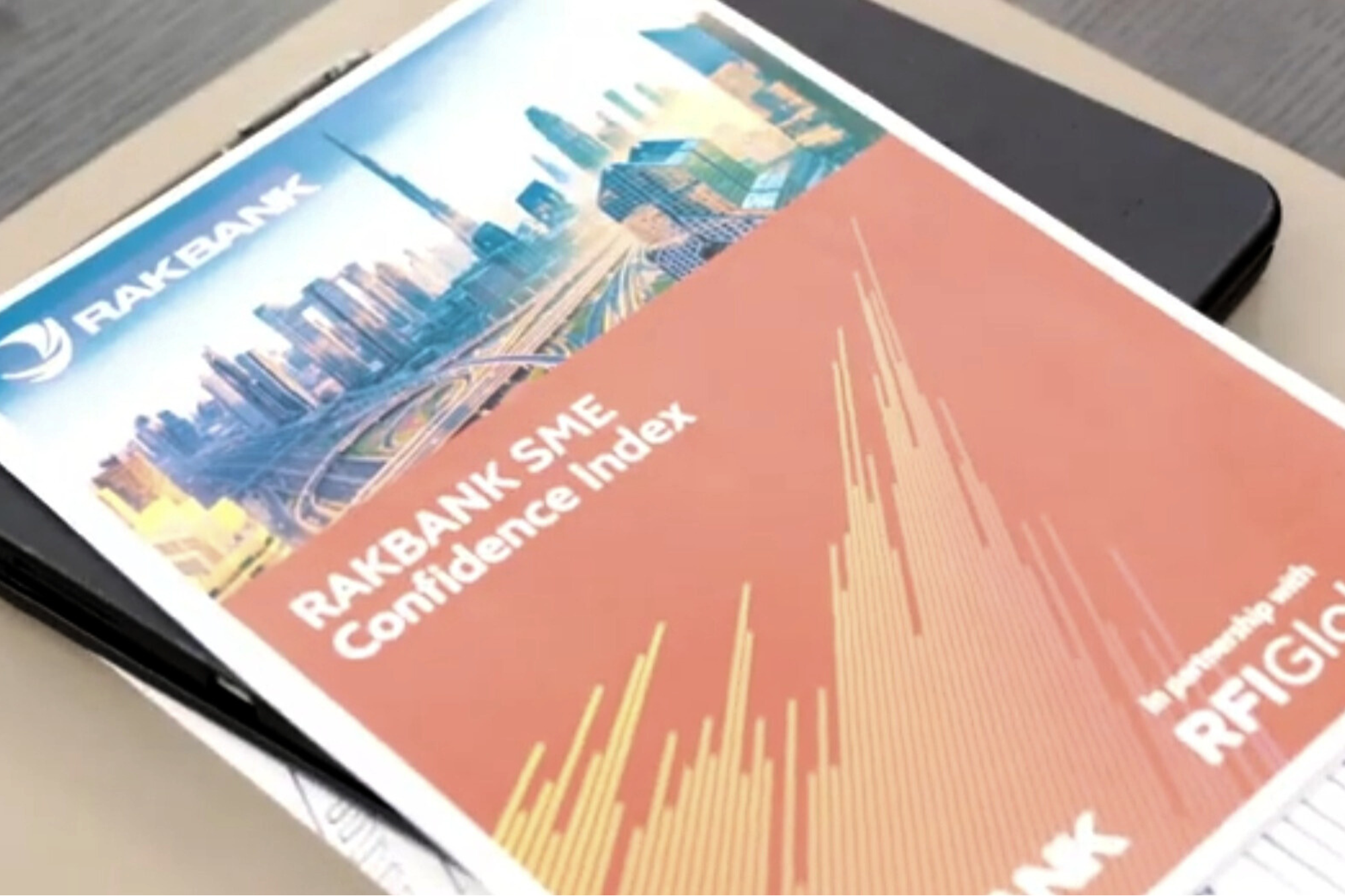Three Factors To Remain Motivated And Inspired At Work To remain motivated and inspired in the long term, we often attach too much importance to the "what" and "where" and too little to the "how" and "why."
By Annet Aris •
Opinions expressed by Entrepreneur contributors are their own.
You're reading Entrepreneur Middle East, an international franchise of Entrepreneur Media.

Lucy Kellaway, everyone's favorite acerbic Financial Times columnist, surprised the business community by leaving the paper after more than 30 years to retrain as a secondary school teacher. She had a successful career marked by multiple accolades with a healthy paycheck. And she was very good at her job. Apparently other factors played an important role in her decision to switch roles.
Many of us face decisions on how to best spend our time. It is not always as drastic as a change of career or job, but still very important with regards to how we feel and how much we learn, or other aspects of our professional lives. For example, when you are self-employed, your clients can make a big difference. Or when you work in a professional services firm as a lawyer, accountant or consultant, the type of projects you work on can make a major difference. As a supervisory board member, you have to decide which boards you would like to join and why. Even at a large corporation, the question of which department you would like to join may surface.
Automatic response
Although professional choices are crucial for our well-being and success, we often make them far too carelessly. When an opportunity suddenly appears, we either accept or reject it, without really taking the time to consider possible alternatives. We may be afraid that if we let this opportunity pass, no other will follow, so we make decisions based on this single offer and err on the side of safety.
It is not a bad thing in itself to work in a more challenging, less than optimal situation where we might learn worthwhile lessons. In the long term, however, it will drain us: Not only is it highly likely that we will underperform, but it will take up so much extra energy that we might be tempted to throw in the towel. For this reason, it is important, even at the start of our career, to courageously look for the option that fits us best.
The next challenge is to make the right judgement. Very often what we think is important is not important at all. A classic mistake I see is that we define our interests on the basis of criteria that are not very relevant. We are too eager to prioritize in terms of an exciting industry, a prestigious company, or a high-status role.
At first glance, these all seem to be valid criteria, but in practice they have little predictive value for professional happiness. Frequently, the most exciting projects or jobs are those from which we expect less fulfilment. I found this out, to my own surprise, during my career at McKinsey. Against all my expectations, a project on the reorganization of public transport in Hanover was one of the most exciting projects I have ever worked on, more so than defining the internet strategy of a flashy media company. Also with regards to the supervisory boards, neither the industry nor the size of the company have been the most determining factors for the satisfaction I gained from working on that board or the impact I had.
The questions you should be asking
So, what makes a difference? I see three recurring factors.
First, to what extent are you aligned with the key values of your company (or your current project)? For instance, some companies have a more private equity mindset, focused on significant market value creation over a relatively short period. Other companies are concerned with (social) impact over the long term. Neither outlook is better, but they are different.
The second question relates to how people treat each other in an organization. For instance, the style might be open and direct (and thus occasionally confrontational) or it might be more diplomatic, which runs the risk of devolving into political games.
The last, and perhaps the most significant question, concerns the people you will be dealing with. They play a crucial role: Are you looking forward to spending your days with them? And do they help you grow?
How and why (instead of what and where)
In short: to remain motivated and inspired in the long term, we often attach too much importance to the "what" and "where" and too little to the "how" and "why." Choosing the right criteria is even more important than the decision itself.
Related: The Pursuit Of Happiness: What It (Really) Takes To Have Happy Employees At Your Enterprise












